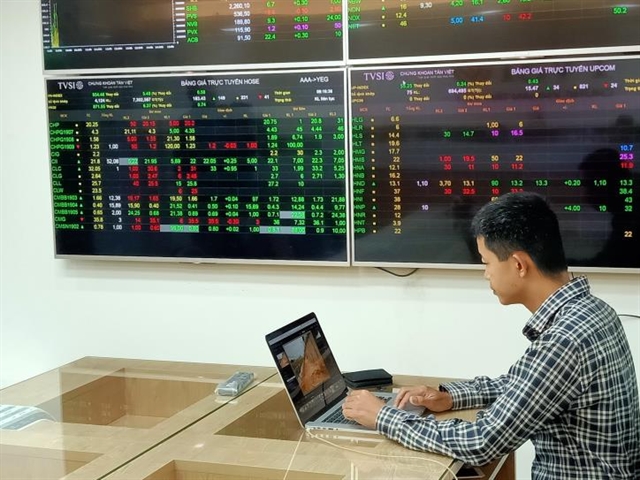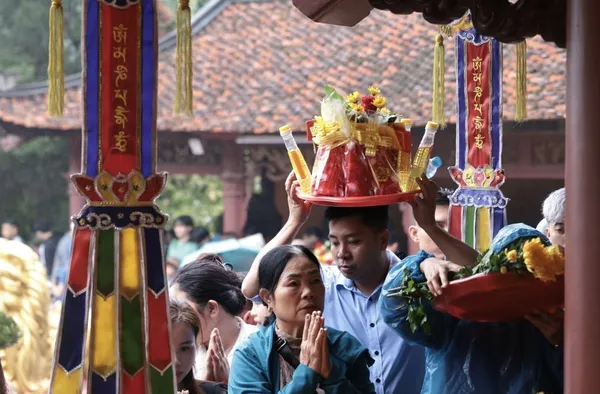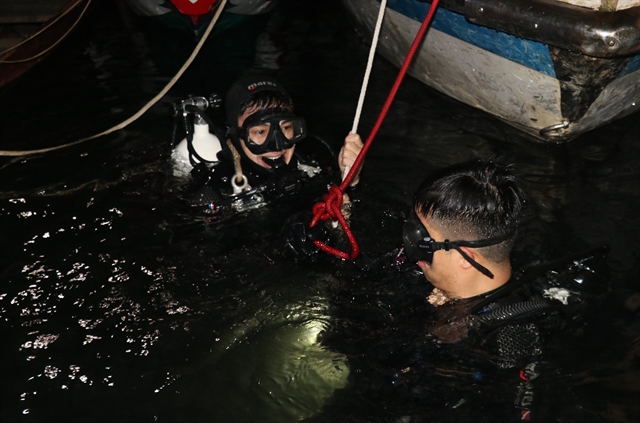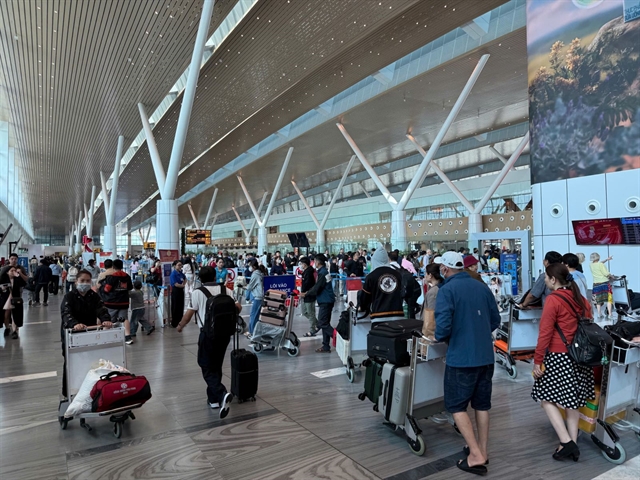 Society
Society

Phùng Xuân Nhạ, Minister of Education and Training, speaks to the newspaper Kinh tế & Đô thị (Economic and Urban Affairs) about the goals of his ministry for 2017.
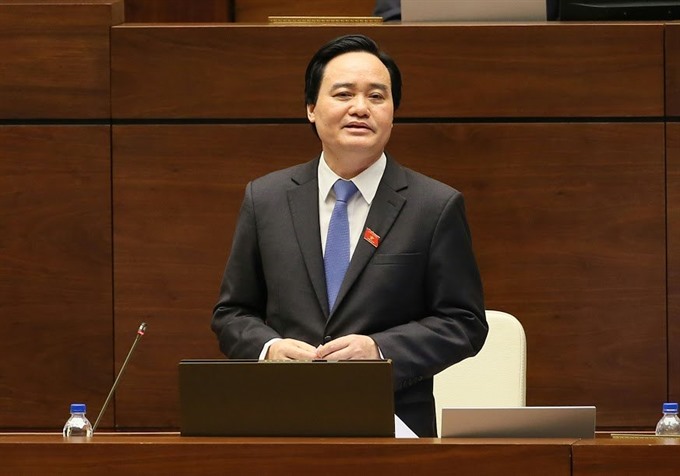 |
Phùng Xuân Nhạ, Minister of Education and Training, speaks to the newspaper Kinh tế & Đô thị (Economic and Urban Affairs) about the goals of his ministry for 2017.
As the commander-in-chief of the education sector, would you please share with us some of the major shortcomings in the education system over the past year?
In 2016 the Ministry of Education and Training (MOET) did its best to develop good and workable policies and guidelines. But in reality, some of them were not as good as expected. They were not feasible and were hard for the teaching and management staff to implement.
The other weaknesses that I have to mention were in the staff demand forecast, training and planning of teachers and management staff to meet actual needs.
Last but not least, the investment resources were much lower than the actual demands, particularly in infrastructure development.
What about the quality of the education in 2016?
I have to admit that the educational quality was not as good as had been expected, particularly in tertiary education. I’m sorry to say it has failed to meet the country’s demand in socio-economic development and international integration. The scope of the tertiary education was expanded, but its quality was not on a par with its expansion, particularly the quality of the graduates. Although we have emphasised the close linkage between the State, schools and enterprises, students were taught more theories than practice. In my opinion, this is the weakest point of our tertiary education system.
Theoretically, decentralisation was a major task of the year, but it was poorly done at the grass roots level. Some local authorities felt this was not their task.
With lessons learned from 2016, what will be the focus of the MOET in 2017?
Discipline will be the first priority. We have set a goal to put everything in order while improving educational quality across the board, from pre-school to university levels. We’ll take school students as our focal point. So we focus on teaching the students’ ethics, life skills, civic responsibilities in society and their community, and more.
For tertiary education, we’ll focus on improving the training of human resources, particularly high quality human resources. Of course, we’ll continue to implement the nine groups of main tasks and five basic measures that have been laid out for the school year 2016-2017 and the following years.
However, in 2017 we’ll focus more on the practicality of each policy while strictly implementing the Government’s policy on decentralisation.
Another important mission for 2017 is to improve the quality of the teaching and management staff and to make sure they are up to the standards and requirements laid down by the Ministry.
Last but not least, in 2017 the MOET vows to improve the quality of teaching and learning at university level along the lines of accountability and transparency. We will then give rankings to each university. Hopefully, with lessons learned in 2017 we’ll be able to have a better network of higher education to cater for the people and nation’s needs and demands.
Confidence from the society is the most important driving force for us to accomplish all the tasks that we have set out for 2017.
How will you gain public trust?
Education is a very special sector that has an impact on the whole society. That’s why it has received special attention of people from all walks of life. No one can deny that high hopes create high pressure on the educational sector.
I’m confident that in 2017, with support from all employees and staff, the MOET will achieve its goals. Last but not least, support from the students themselves, their parents and society are also very important. That’s why 2017 will continue to be a year of listening, renewal and actions for the whole educational sector.-VNS

